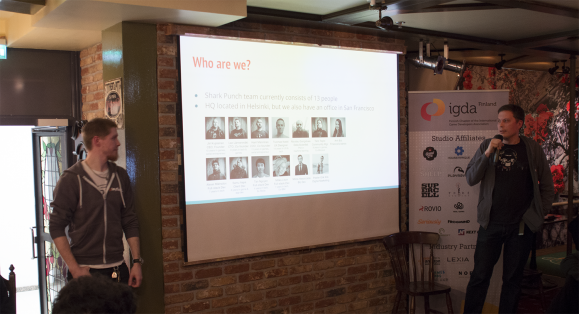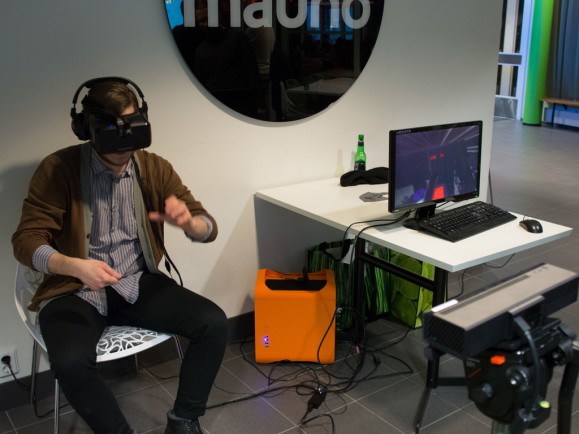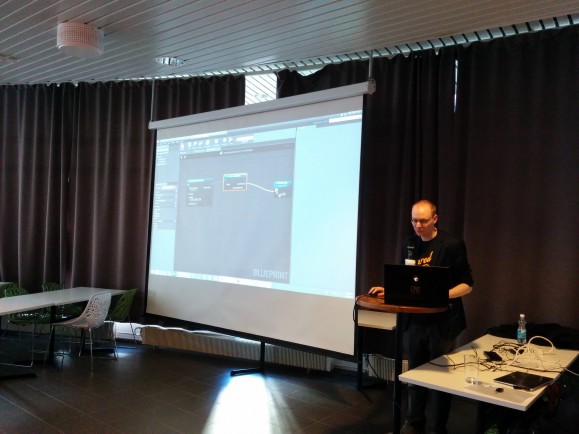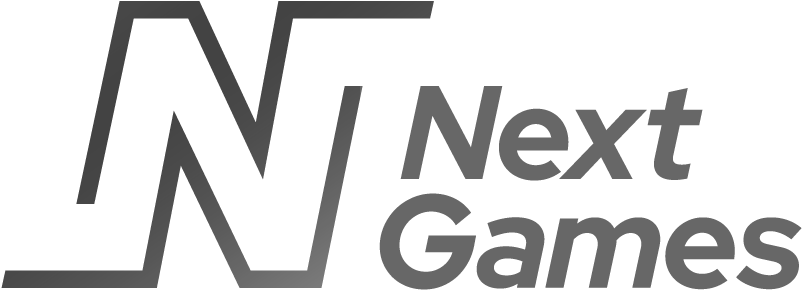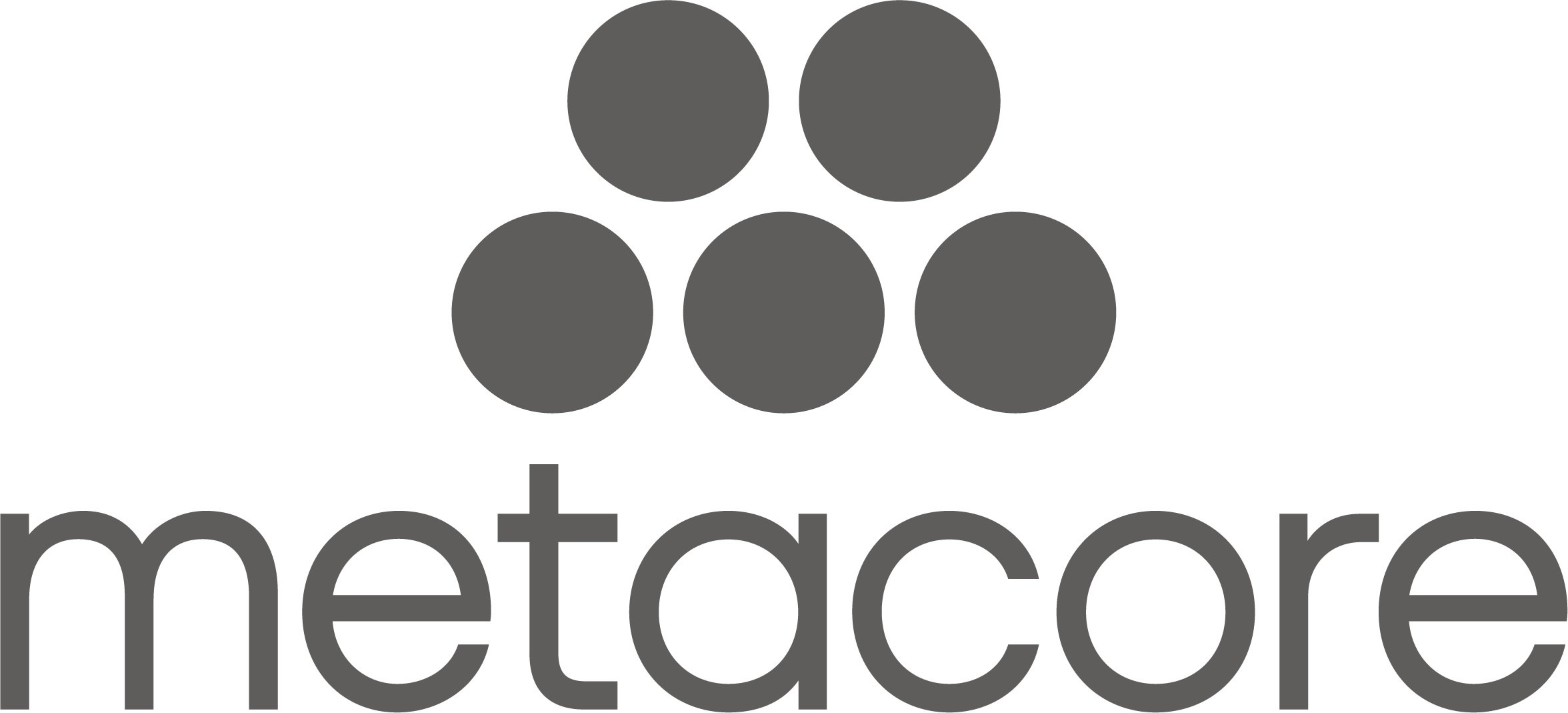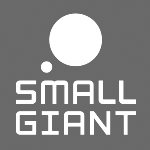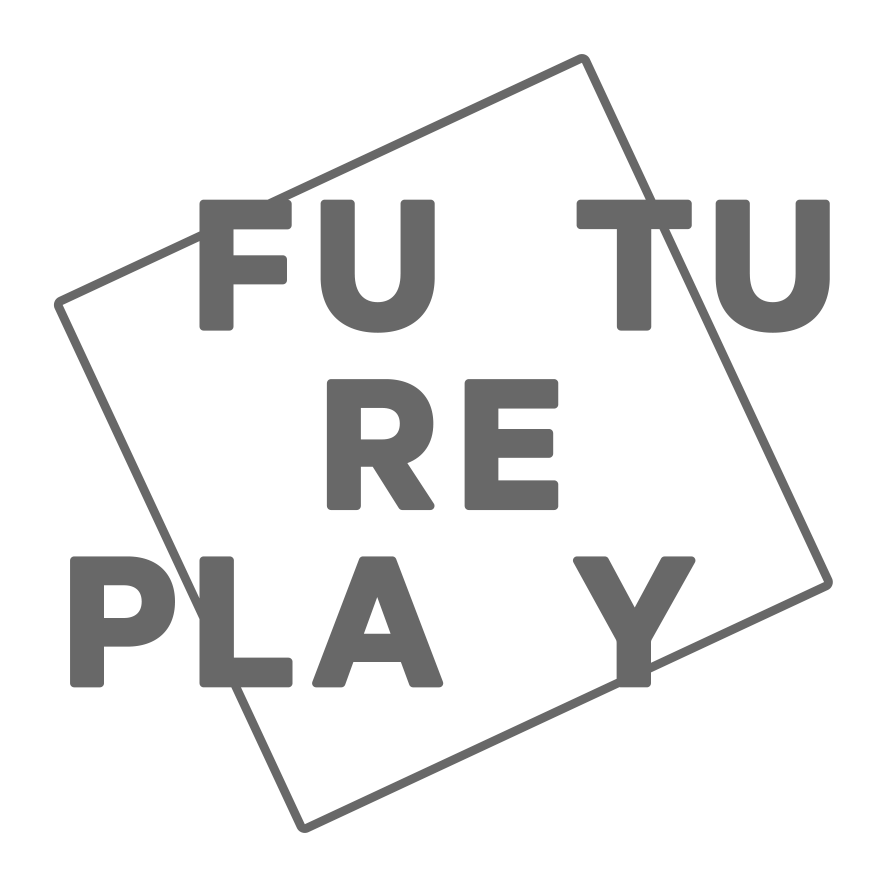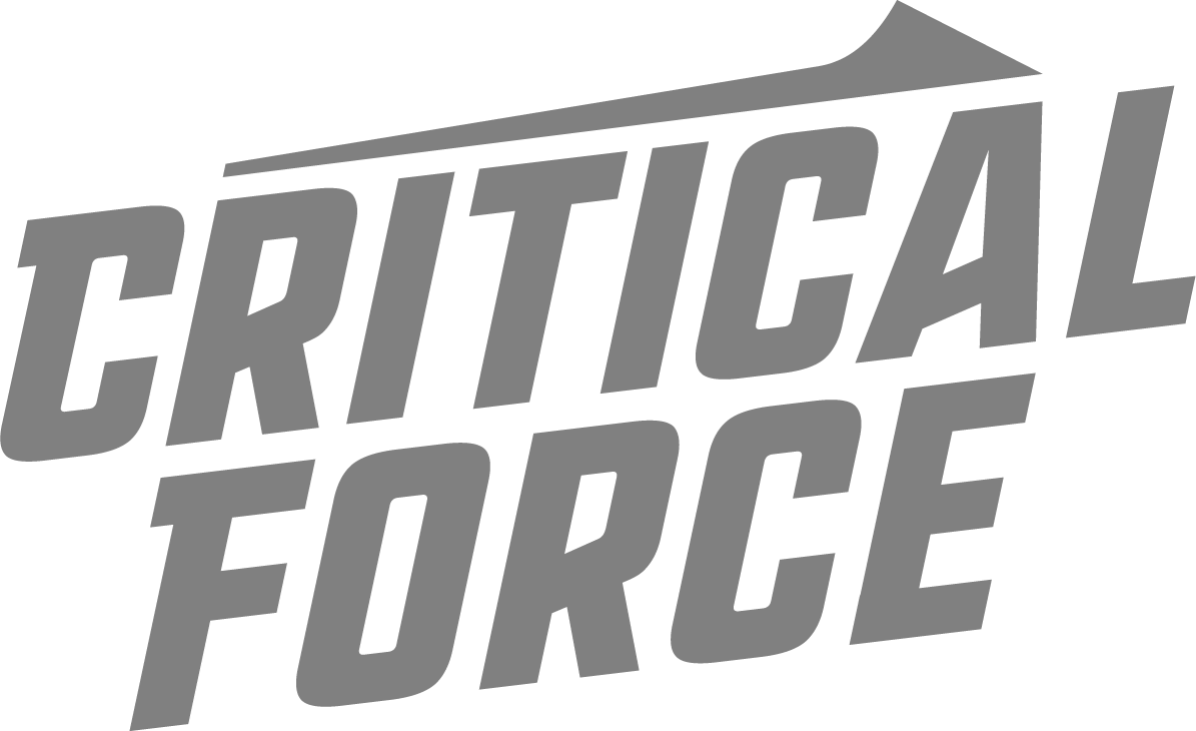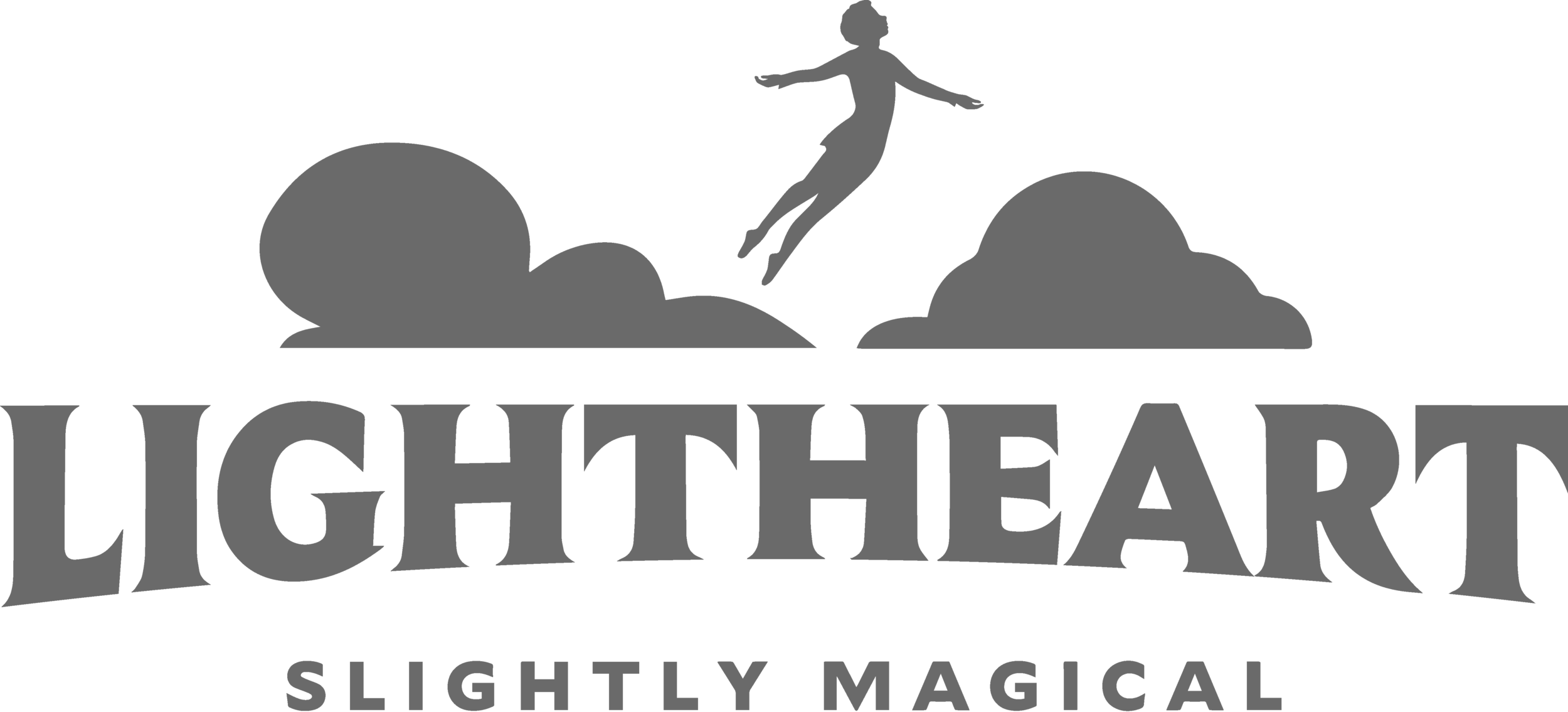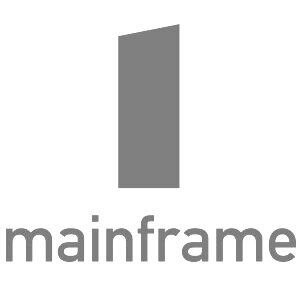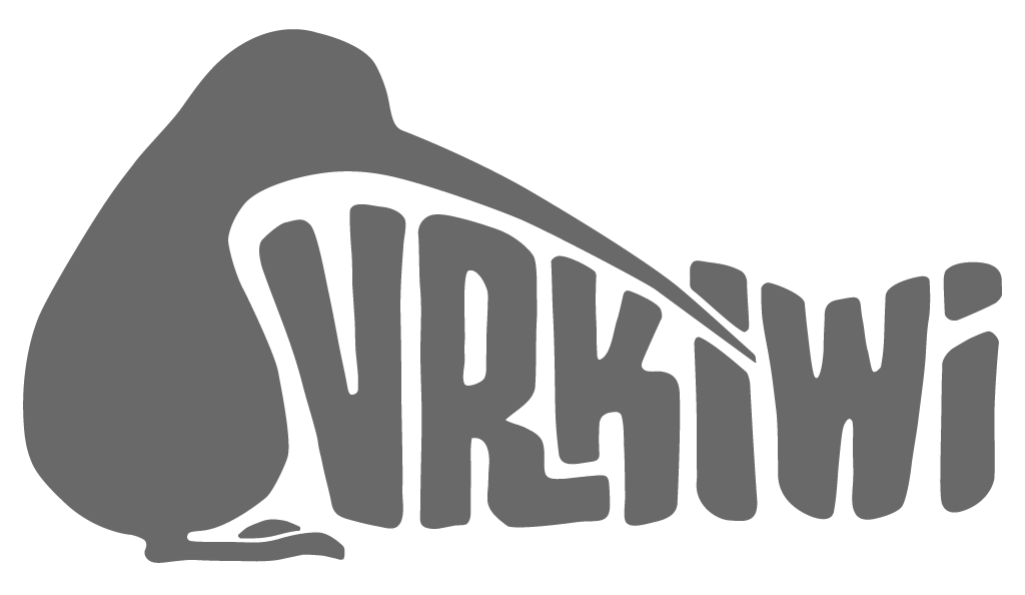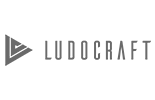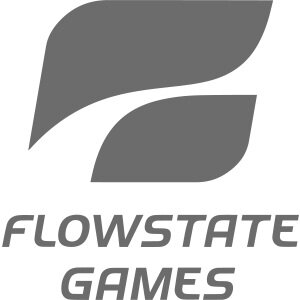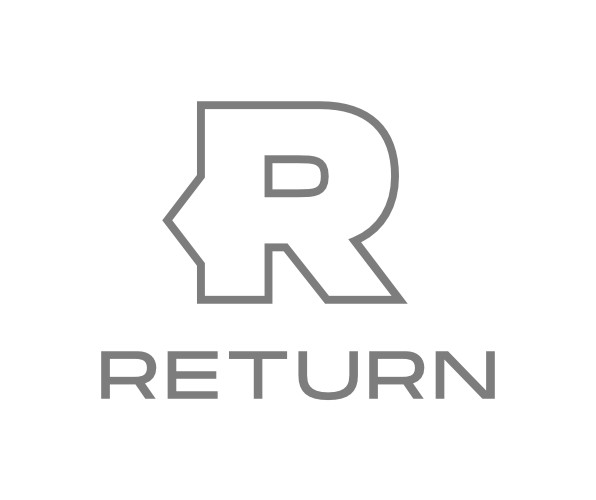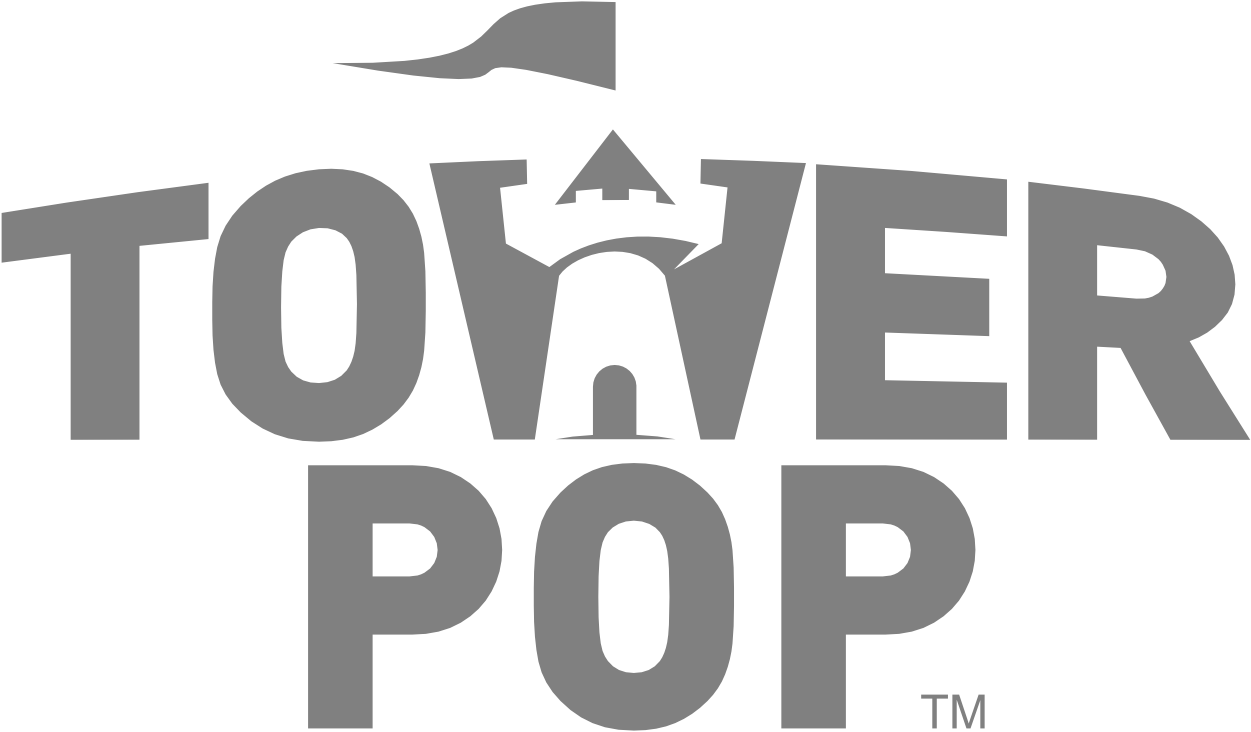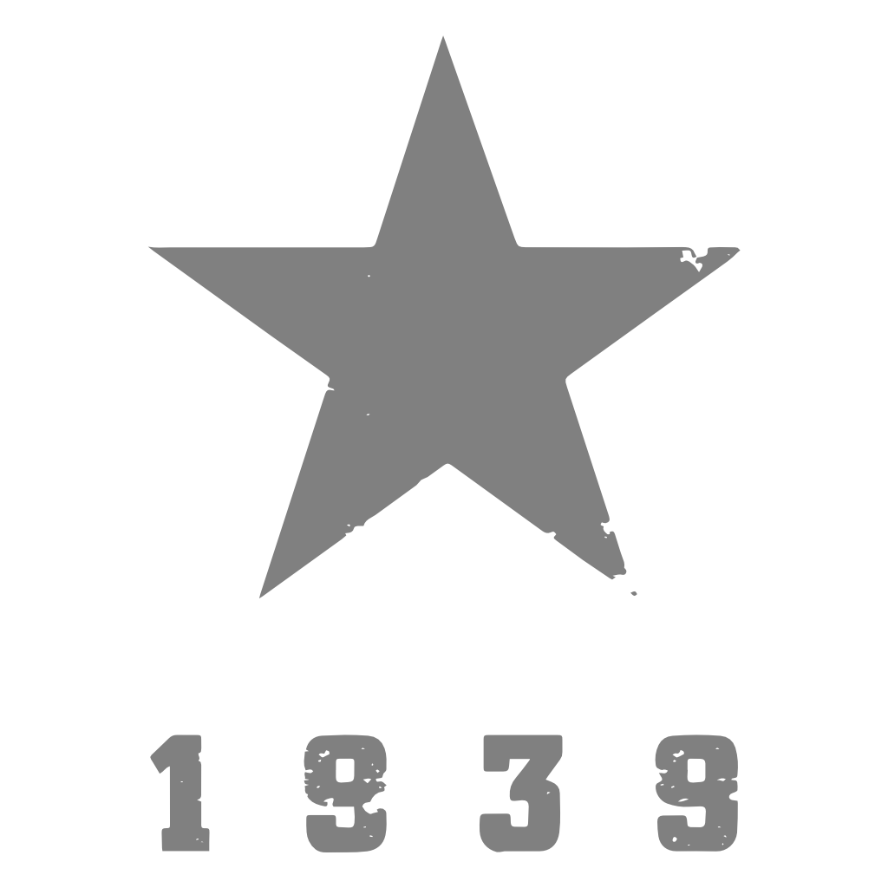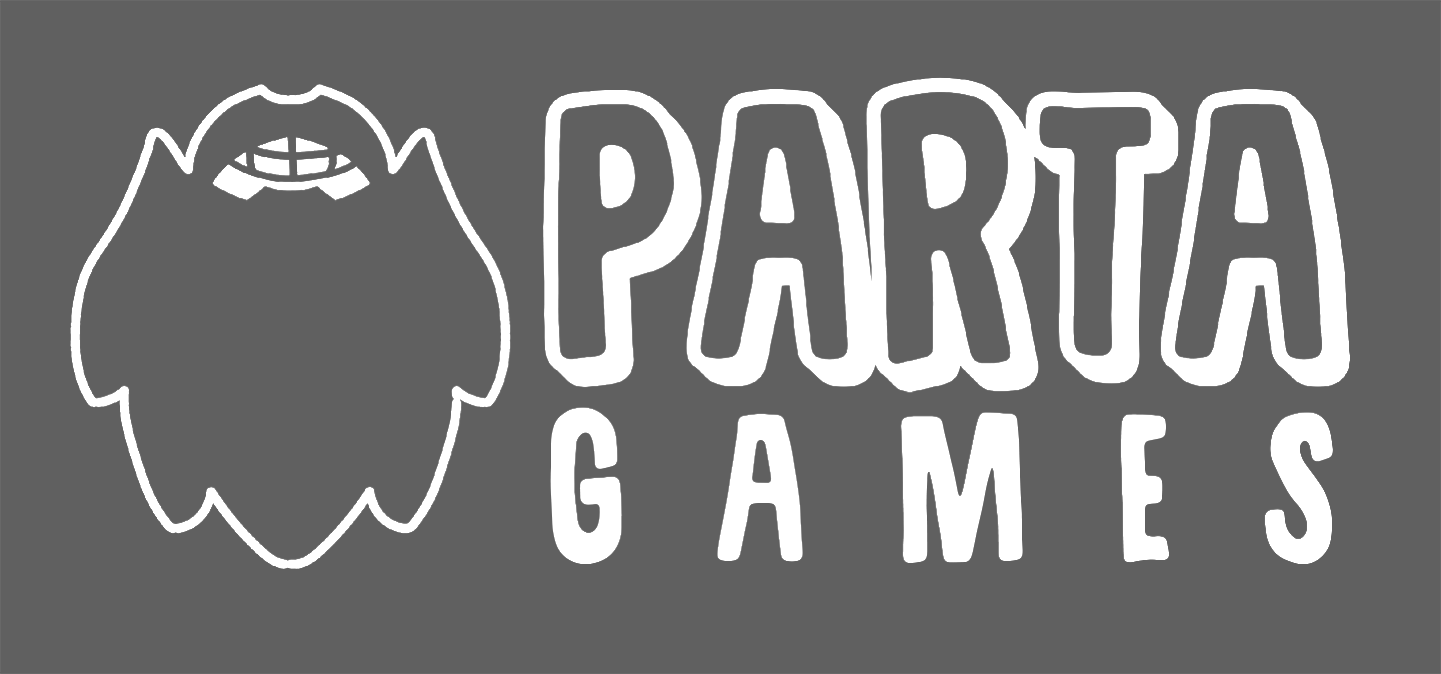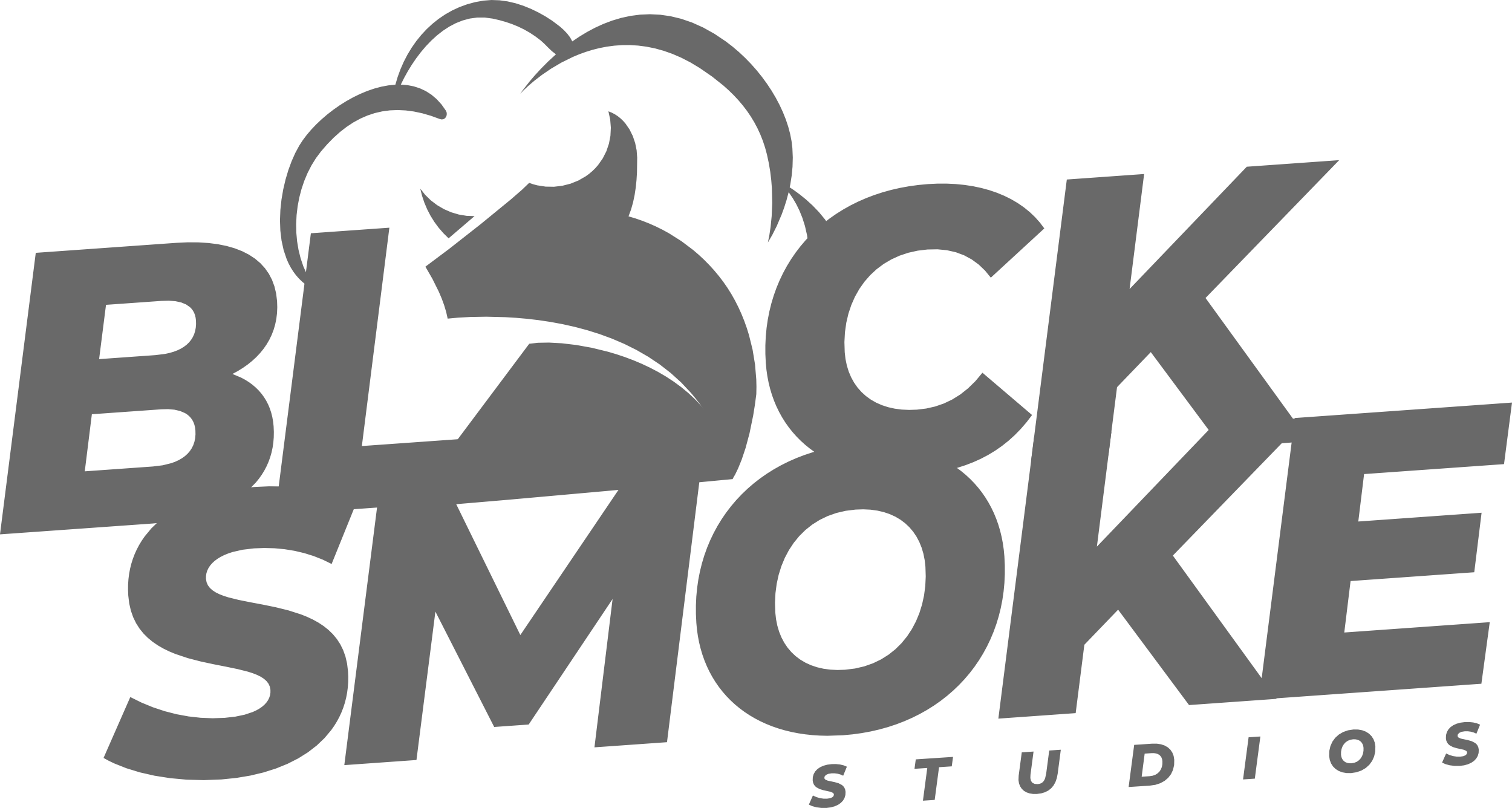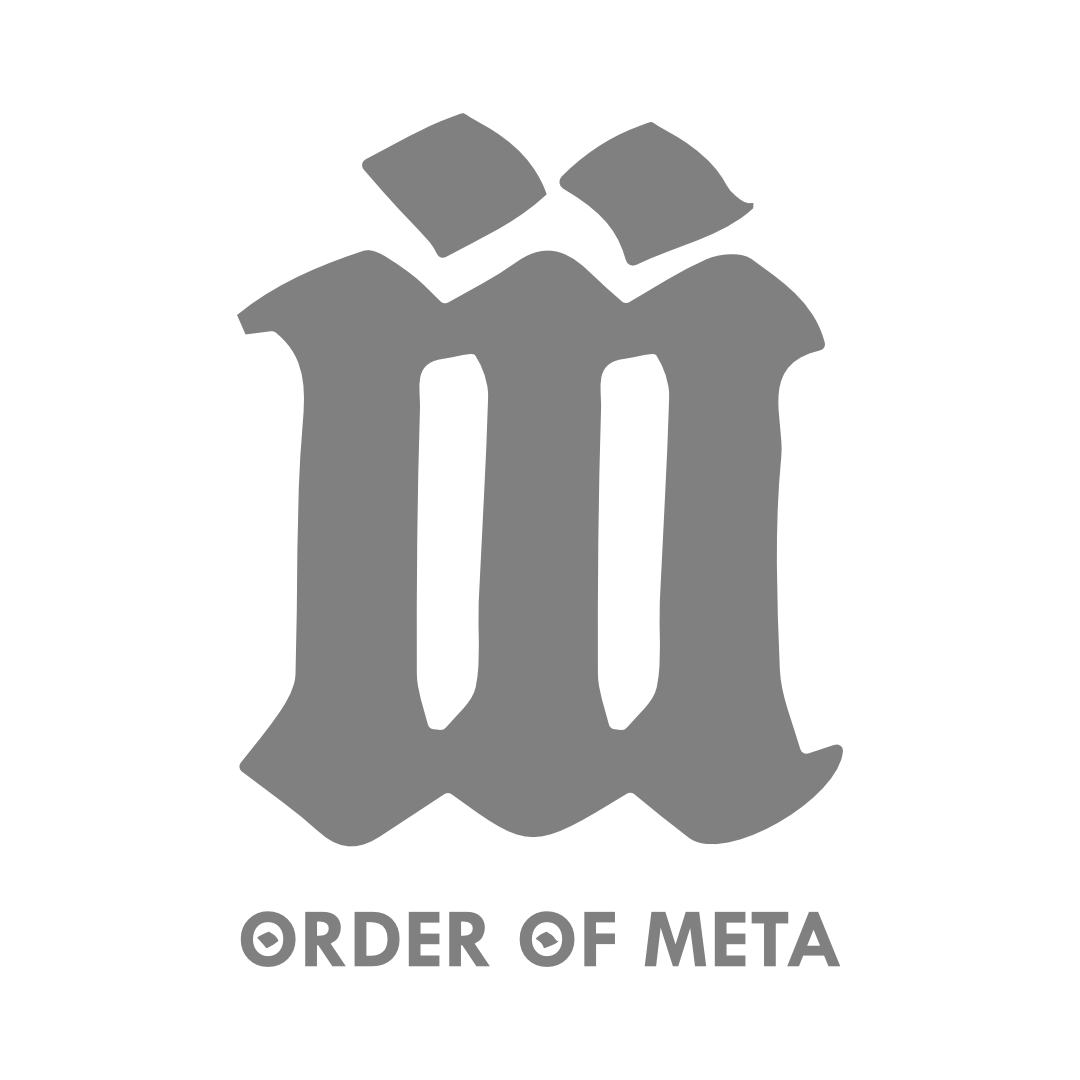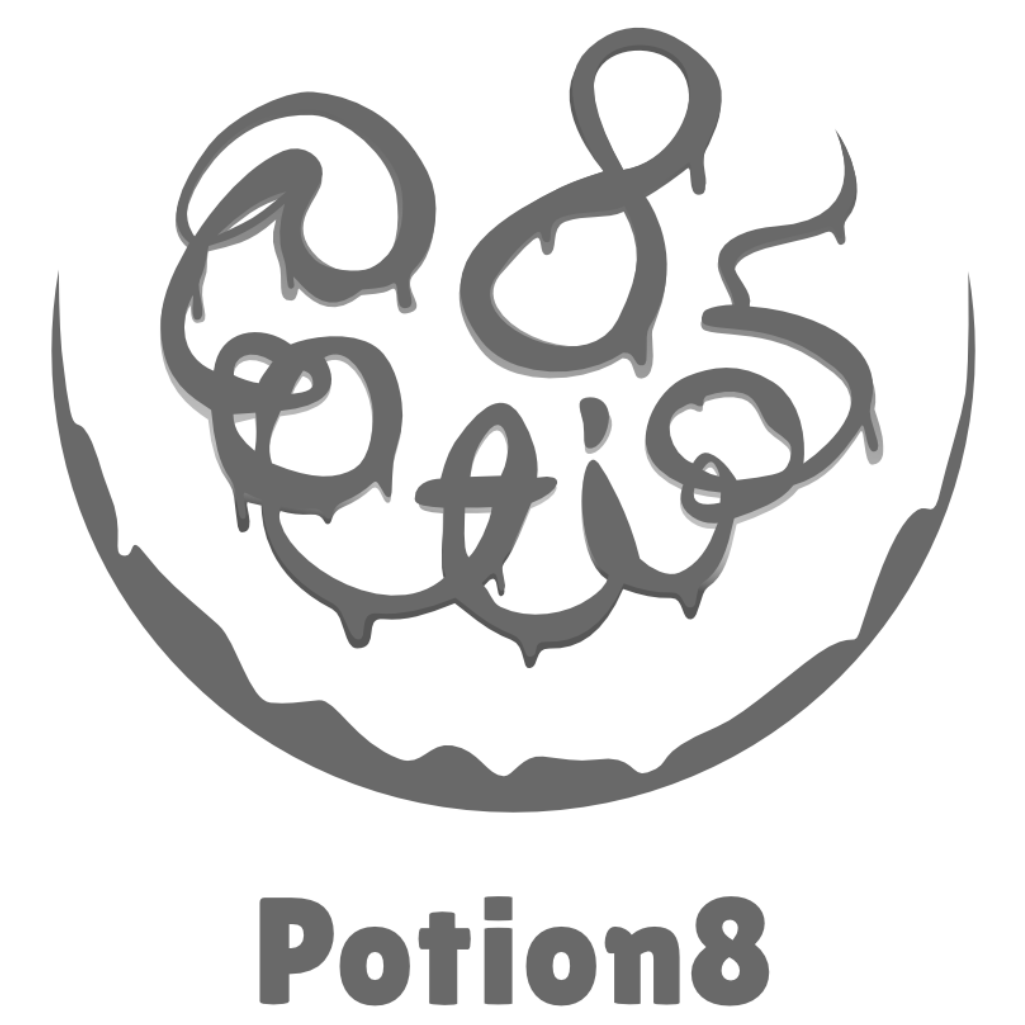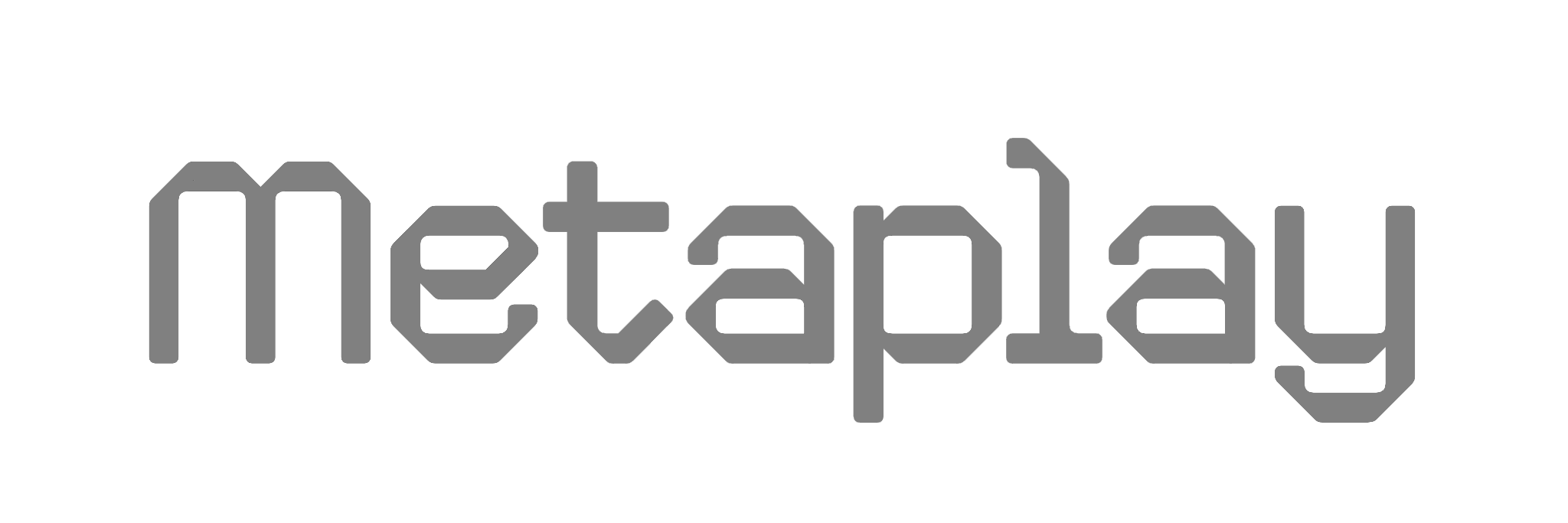IGDA Finland Turku Hub gathering with Rival Games and Shark Punch
/The March gathering was back in Hunter’s Inn, and this time with presentations by Rival Games and Shark Punch. Also in the demo corner: BitByByte’s first game Planet Shock.
Romanced by Rival Games
The future is looking good for Rival Games. After a hard year 2015 they have received funding and are soon ready to publish the third and last episode of their game The Detail. The Detail has a very decent metacritic score and has been received with much delight by both players and critics. The company is one of the more successful ones in the Turku game development scene. And more success is sure to come for this hard working studio. Rival Games currently employs 16 people, and they will be hiring more people this year.
On Wednesday the audience had the pleasure of hearing CEO Jukka Laakso talk about sales figures for The Detail on Steam, and lead writer JD Sorvari gave us insight into the process of writing the game.
The Detail is a graphic novel style game reminiscent of Frank Miller. It was initially planned to be five episodes long, but now the story is going to have its closure in the third episode. Sorvari told us about the shock that he as a writer had, realizing that his story would be cut shorter. First he had thought he had plenty of space to develop the plot and “romance” the players – but it was not to be. However, being forced to compress and reduce can often lead to better storytelling, which Sorvari hopes to have succeeded with in the third episode.
Releasing a game in episodes gives the business model an interesting flair. Laakso was able to visualize this by showing us graphs from Steam sales. Firstly, Steam is the number one sales platform for Rival Games, and stands for 63-70 % of their sales revenue. Other distribution channels are nowhere near as fruitful, for example iOS sales is only at 14 %, and others (like humble bundles and such) stay at 24 % of total sales revenue. For every episode and sale period the sales spike increased, while almost flat-lining in between. We wish Rival Games good luck with their third episode release!
Playfield taking a punch at Steam
The company Shark Punch was presented by Tero Tapio and Peter-Erik Kiis. They told about the origins, team and philosophy of the company. Shark Punch employs 13 people and their HQ is in Helsinki. The founders managed to sell their previous company to Disney, and then they went indie.
They initially released a game called The Masterplan – a 70s style heist game. After this first release they have focused on another type of development project: a distribution platform for other game developers, www.playfield.io.
There are thousands of games being released every year, and a new game very easily drowns in the static. How can developers get visibility and find the right type of player? The focus in Playfield is on helping game developers get discovered by players. Shark Punch wants to achieve this by personalizing recommendations and having a great storefront. They also have partnerships with Twitch and YouTube users.
Currently Playfield has 2000 games, and 1000 developers on board. The community is mostly between 25 and 34 years of age, and also mostly male. Half are from English speaking countries.
Playfield will be coming out of beta in Spring 2016. The point is: they don’t want players to miss “gems” in the game avalanche. They urge game developers to bravely contact them and try out Playfield.
BitByByte and Planet Shock
In the demo corner we got some space ship shooting and cosmic eye candy. BitByByte Creations is a new game development team based in Turku, and the game “Planet Shock” is in Steam Greenlight at the moment, go check this link and give support!
Text: Jenny Wiik
Photos: Natasha Trygg & Toni Heinonen
IGDA Finland Turku Hub



